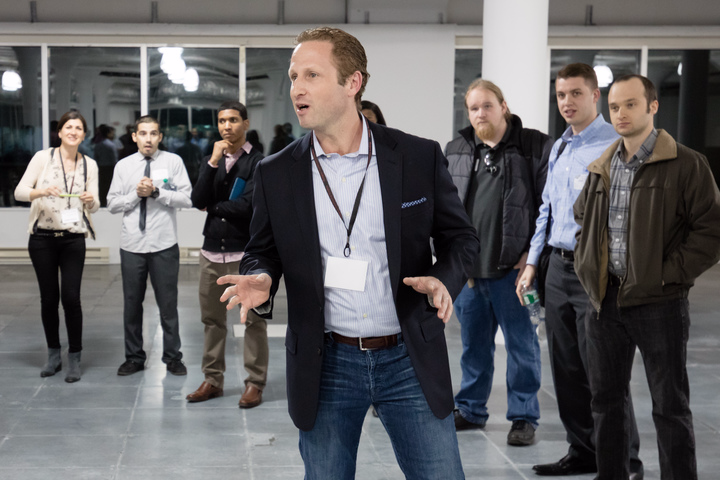While coding bootcamps may be in the middle of a shakeout, technology companies around the world are still going to be struggling to fill slots with people equipped with the skills to tackle real-world problems right from the get-go — and Dan Sommer hopes the answer is through universities.
That’s the premise behind Trilogy Education, which today said it is raising another $50 million round after raising $30 million last year. This round is led by Highland Capital Partners, with participation from new investorsDan Sommer and Macquarie Group. The company works with around 35 universities to identify skills gaps that they can fill with programs — such as through continuing education — that can get students ready to work at a variety of technology companies right away. Throughout all this, the startup works to collect data and feedback on each course and tune it as workforce needs change over time.
“The mission of these institutions through these programs is to open access to new types of learning,” Sommer said. “The average age of the student that takes one of these programs is approximately 32. We have students in classes that are 19 and some that are 76. If you zoom out and you think about the transformation that’s happening overall in the workforce, and you think about the number of open positions in the areas, that’s where we focused. I believe universities are the place where individuals should go to learn new skills.”
All this is increasingly relevant as tasks that machine learning-driven tools can tackle — such as autonomous driving — may end up displacing millions of jobs and requiring those individuals to learn a new set of skills in order to find some new employment. Companies are internally recognizing that in some ways, such as through tools like Degreed, which look to help employers identify those same skills gaps and find ways to train their own employees to fulfill those more complex knowledge worker roles. Degreed raised $42 million earlier this year, and there are still other programs like MissionU (which raised $8.5 million late last year) looking to rethink education as the tech economy booms.
Still, there has indeed been a shakeout in the coding bootcamp world. Whether a product of just not keeping up with workforce demands or struggling business models, there have been several that have shut down. Galvanize in August last year said it would lay off around 11% of its staff, while Dev Bootcamp and Iron Yard shut down altogether. And for some employers, all it takes is a few bad interviews from one of those bootcamps to lay down a layer of pessimism across the board, depending on who you talk to out here in the Valley.

That may be why Trilogy Education is partnering directly with universities. By doing that and running the programs through those universities, it can piggyback on the substantial brand equity they’ve built up over time. Trilogy Education says it gathers feedback from each class — either through surveys or other data points — and uses that to provide its university partners with robust reports on ways to tune the model and what specific roles to go after for potential programs. Trilogy Education works with programs in UI/UX, data analytics and visualization, cybersecurity and web development. The curriculum itself is developed centrally in Github. The goal here is to ensure that the programs are future-proofed and to “teach students how to learn,” Sommer said.
That software extends to the programs’ connections with students as well. Trilogy Education helps track student performance, helping universities identify which students might be falling behind and need additional tutoring. For students that are outperforming, it helps connect them with the resources to progress even faster and potentially begin teaching some elements themselves as a way to acquire additional soft skills in addition to the core program.
“The sincerest sign of learning is when a student that has learned Angular in class all of the sudden builds a portfolio project in React,” he said. “We’re focused on teaching people how to learn more so than teaching people how to learn any particular technology or skill. We’ve made over 7,000 changes to the curriculum over the last 3 years. It’s truly a piece of software, it changes over time. We bring in a market-driven curriculum fully vetted through the institution.”
from Startups – TechCrunch https://ift.tt/2JjhzKc
Comments
Post a Comment